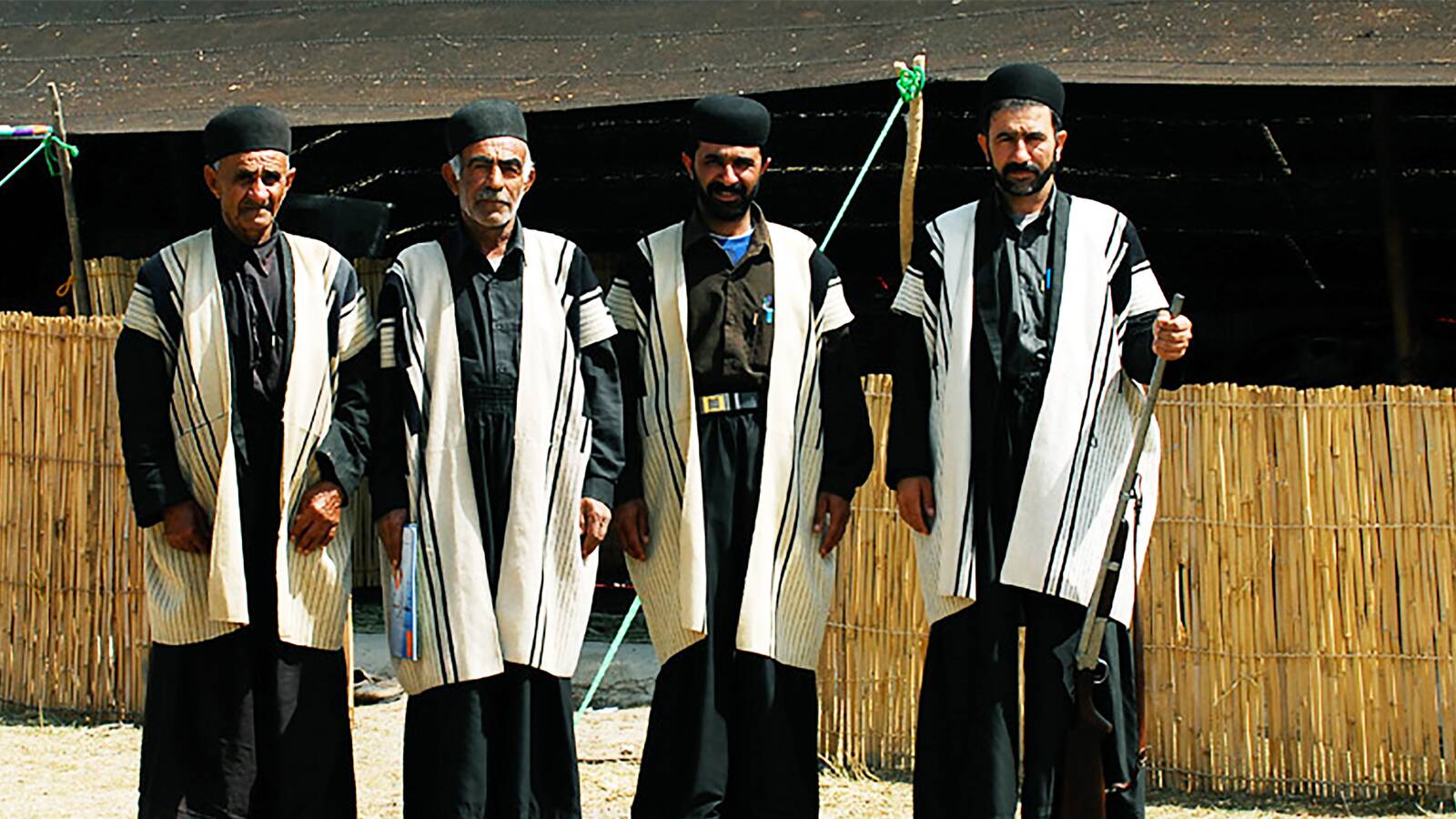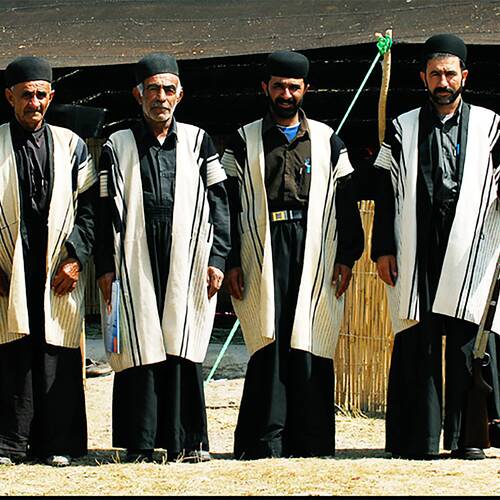
Chahar Mahal and Bakhtiari is considered to be one of the smallest provinces of Iran. It is restricted to Isfahan from north and east, to Khuzestan from west, to Kohgiluyeh and Buyer Ahmad from south and to Lorestan from northwest. Chahar Mahal and Bakhtiari is the highest province of Iran that is also famous as the Roof of Iran. As obvious by its name, it consists of two main parts: Chahar Mahal and Bakhtiari. More than one third of the inhabitants in this region are from Bakhtiari Lur tribe who live along with Fars and Qashghai Turk people. Accordingly, the language of people in Chahar Mahal is Turkish and they speak in Bakhtiari Luri in Bakhtiari region of the province.
Here we want to speak about the clothing of Bakhtiari Lur tribe who live also in four adjacent provinces, i.e., Kohgiluyeh and Buyer Ahmad, Khuzestan, Lorestan and Isfahan. People of this tribe consists of two branches of Chahr Lang and Haft Lang and their clothes differs based on the season. It is among those regions where people are still faithful to their traditional clothing. The men use a dress named Chooqa made of the goat’s wool; it keeps the body warm in the winter and cold in the summer. Some patterns like columns in black color distinguish Bakhtiari’s Chooqa from that of other tribes which are inspired by Achaemenid columns. They wear felt hat in black, light and dark brown and white; they are called Khosravi hats. Debit Sholar in black color is the loose pants of men. They use Giveh as their main footwear.
Women wear a dress named Jomeh or Joh with two slashes, each at one side. There is a folded skirt named Sholarqeri under this dress. Sholarqeri is sewed using a fabric of 8-10 meters. They put on a velvet vest over the Jomeh. Their pants are ordinary. They use a silk scarf named Meyna as their headcover. Lachak is a small hat they put on their head before the scarf. It is decorated with a variety of coins, stone, pearl and sequin. The footwear of these women is Giveh.

